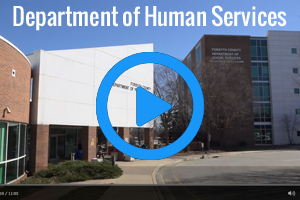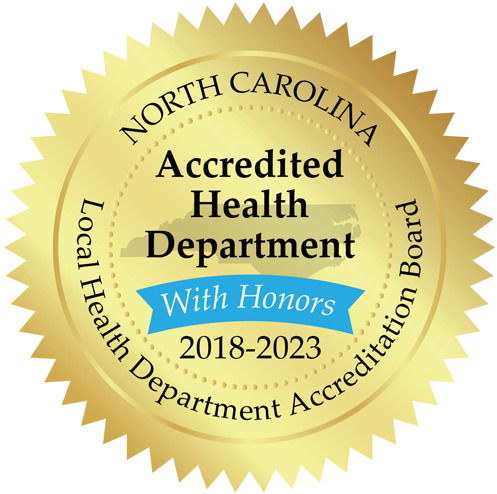Virtually anywhere you go in the United States, you will be able to find a government agency identified as the Local Health Department, which serves that local jurisdiction. The Constitution of the United States identifies the responsibility to “promote the general Welfare” as one of the central responsibilities of the government which is created within its text. The responsibility of promoting and protecting the general health of the population is a central component of that constitutional responsibility and authority. Even as we enjoy great economic and other benefits of living together in communities, that same community life creates the necessity for government-based regulatory measures and health services to protect our residents from the potential adverse health consequences of living in such close proximity to each other.
These activities are as old and mundane as protection of drinking water and food supplies from contamination by human sewage or animal waste and as dramatic as the mass vaccination programs of the mid-twentieth century. The successes of these public health efforts are things that no longer happen. They are the disease outbreaks that are no longer common; the anxiety that families no longer experience in patronizing a local restaurant or in drinking water from the home faucet; or the fears of devastating diseases such as polio or measles, which parents no longer must experience as they send their children to school or day care each day. Although the public may often take these benefits for granted, great effort is necessary to sustain these conditions, and that effort continues to be put forth quietly and inconspicuously by your Local Health Department.
The Forsyth County Department of Public Health has been operating since 1916, and today consists of a staff of over 230 dedicated public health professionals who work diligently and inconspicuously to reduce preventable health risks to our 306,000 residents. In addition to the traditional regulatory and communicable disease control strategies noted above, today we commit increased energy and effort to educating and encouraging citizens and community leaders to adopt behaviors and policies which are conducive to healthier and more productive communities. Today, as a century ago, the resources expended for public health activities constitute the most effective health-related expenditure of public resources by our local, state, and federal governments.




